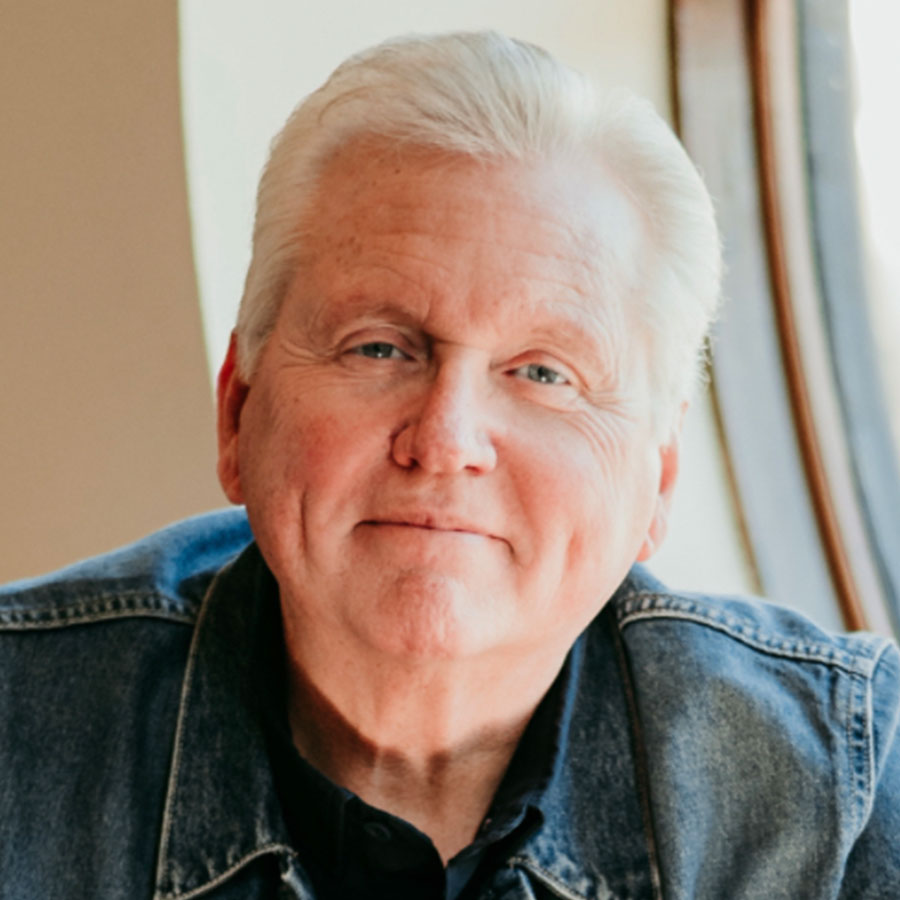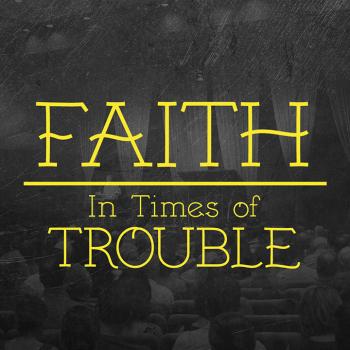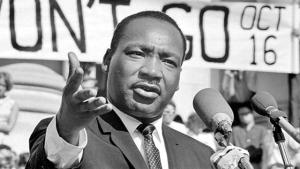
Choosing Martin Luther King’s top 3 speeches is not an easy task. However, those most often referred – “I Have a Dream,” “Letter from Birmingham Jail,” and “I’ve Been to the Mountaintop” – stand as pillars of inspiration, in the ongoing fight for civil rights. Each 1 of these speeches is unique in its focus, but taken collectively they embody his vision for a more just and equitable society. I hope that by taking a closer look at each one, we will again be reminded of his life’s work for justice.
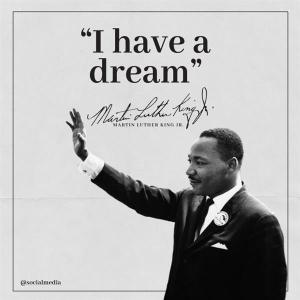
I Have a Dream: Martin Luther King Jr.’s Pinnacle of Hope
Martin Luther King Jr.’s “I Have a Dream” speech delivered during the 1963 March on Washington remains a cornerstone of the civil rights movement. In this powerful address, King eloquently voiced his dream of a harmonious America. His powerful words echoed through the years, inspiring countless individuals to join the fight for equality. In this speech, King’s words transcend the historical moment, envisioning a future where individuals are judged by their character, not the color of their skin. This speech galvanized the masses, fostering a collective commitment to dismantling systemic racism. King’s repetition of the phrase “I have a dream” serves as a rhythmic reminder of the transformative power of hope.
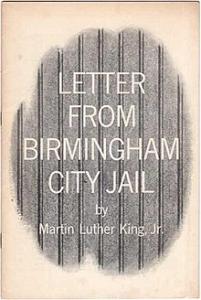
Dr. King’s Call for Equality: Letter from Birmingham Jail
In 1963, King penned the “Letter from Birmingham Jail,” responding to criticism from fellow clergymen. Here, he articulated the urgency of the civil rights cause, asserting that waiting for justice was equivalent to perpetuating injustice. This eloquent letter showcased King’s commitment to nonviolent resistance. Perhaps mindful of St. Paul’s prison letters, Dr. King wrote with an unwavering dedication to truth despite his trauma. His passionate defense of nonviolent resistance as a means to achieve social change remains a timeless lesson in the art of civil disobedience.
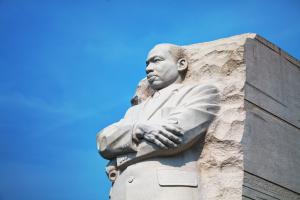
Mountaintop Vision: Martin Luther King Jr.’s Final Speech
In his final speech, “I’ve Been to the Mountaintop,” delivered the day before his assassination in 1968, King seemed to foreshadow his imminent fate. Yet, he pressed on, emphasizing the ongoing struggle for economic justice and equality. “I’ve Been to the Mountaintop” captures the essence of King’s resilience in the face of adversity. As he reflects on the challenges ahead, his determination to see the promised land becomes a rallying cry for continued activism. The recurrent theme of reaching the mountaintop emphasizes the ongoing journey toward equality and justice. Like Moses before Israel, his vision moves a nation toward a better world.
“Dr. King’s heartfelt cry is biblical,”
Martin Luther King Jr’s Top 3 Speeches capture the spirit of the civil rights movement. They continue to inspire generations, reminding us that the pursuit of justice and equality is an ongoing endeavor that requires unwavering commitment and courage. While some in our world are still motivated by racial prejudice, Dr. King’s heartfelt cry is biblical, Psalm 133:1 “Behold, how good and how pleasant it is For brethren to dwell together in unity! “


